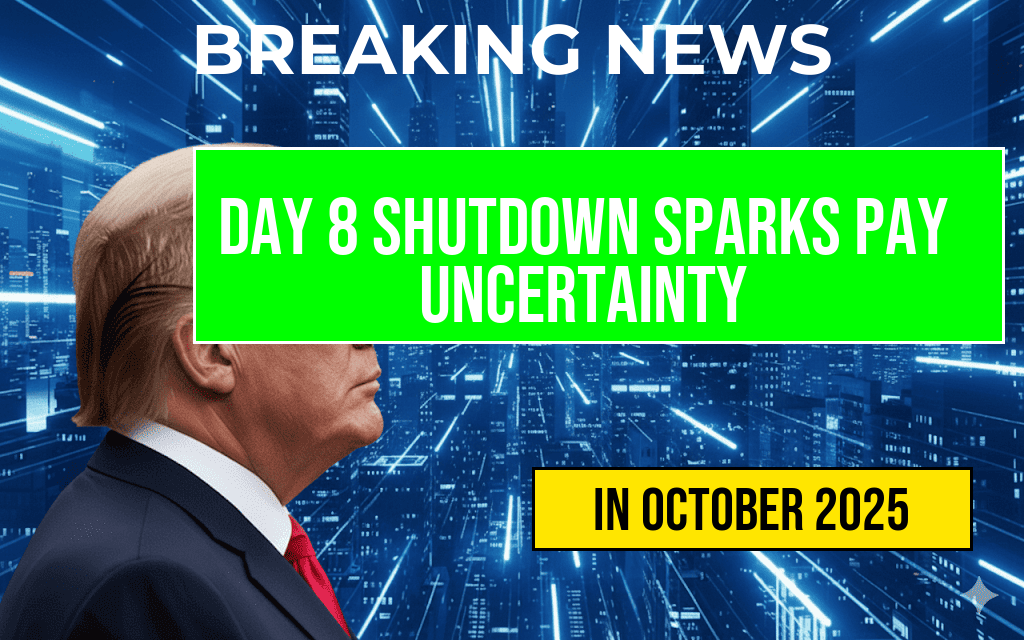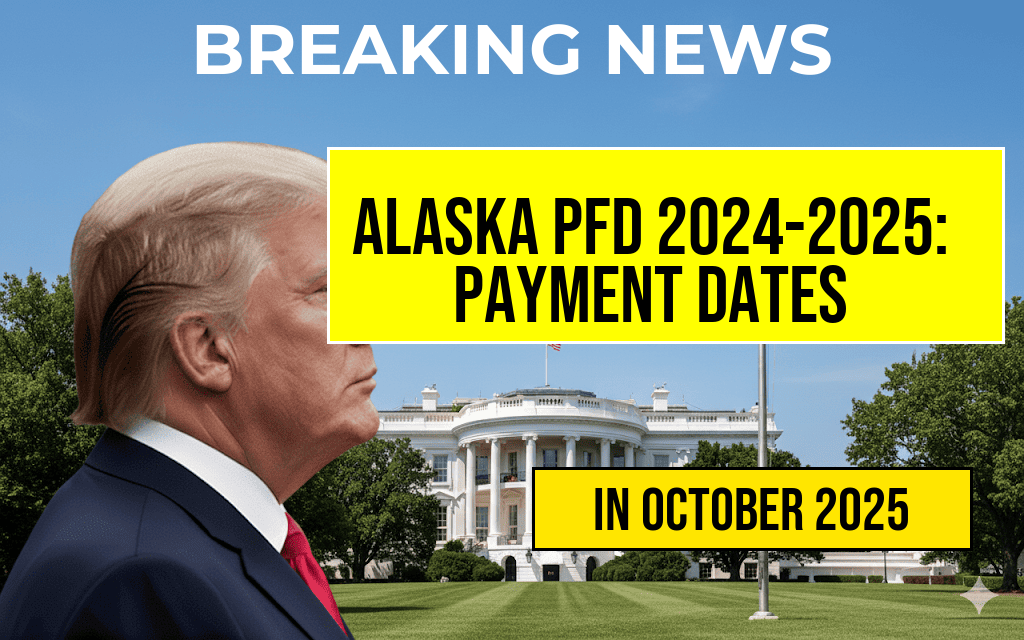As the government shutdown enters its eighth day, thousands of federal workers face mounting uncertainty over their upcoming paychecks. With negotiations stalled between congressional leaders and the Biden administration, federal employees remain in limbo—unsure whether they will receive their full salaries, partial payments, or no pay at all when the shutdown persists. This prolonged impasse raises significant concerns about financial stability for federal workers, many of whom rely on their paychecks to cover essential expenses. Meanwhile, government agencies grapple with operational constraints, and the broader economic implications continue to unfold, underscoring the urgent need for a resolution to end the deadlock.
The Impact of the Shutdown on Federal Workers
Federal employees across various agencies have been without pay since the shutdown began, leading to widespread anxiety and financial hardship. While some workers are classified as essential personnel and continue working without immediate pay, many others have been furloughed, unable to perform their duties or receive compensation. The Department of Homeland Security, the Department of Justice, and numerous other agencies have been affected, disrupting services from immigration processing to national security functions.
Paycheck Uncertainty and Financial Strain
For federal workers, the primary concern remains whether they will receive their full salary at the end of the pay period. Payment delays can cause immediate difficulties in managing rent, utilities, and daily expenses. Some workers have already reported missing payments or incurring overdraft fees, highlighting the real-world consequences of the shutdown’s financial toll.
| Agency | Number of Employees | Shutdown Impact |
|---|---|---|
| Department of Homeland Security | about 240,000 | Furloughed or working without pay |
| Department of Justice | approximately 36,000 | Many furloughed, some working without pay |
| Federal Emergency Management Agency (FEMA) | around 20,000 | Furloughed or operational delays |
| Other agencies | various | Operational disruptions and pay uncertainties |
Legal and Political Context
The recurring pattern of government shutdowns stems from disagreements over federal funding levels and policy priorities. Without an agreement on appropriations bills, agencies face automatic funding lapses, prompting furloughs and shutdowns. Lawmakers have attempted to pass temporary funding extensions, but negotiations often stall, leaving millions in limbo.
Temporary Pay Solutions and Past Precedents
Historically, during previous shutdowns, many federal employees have been assured they will eventually receive back pay once funding is restored. The federal government shutdowns of recent years, notably in 2018-2019, saw employees compensated after the shutdown ended. However, the delay in pay can cause immediate financial distress, especially for lower-income workers.
Congressional leaders and the White House have expressed differing views on how to resolve the impasse. While some members advocate for passing clean funding bills to reopen the government fully, others demand policy concessions, prolonging the shutdown. The current deadlock underscores the challenge of balancing political priorities with the urgent needs of federal employees.
Broader Economic and Public Service Implications
The shutdown’s extension is not solely a concern for federal workers. It also impacts the delivery of critical services to the public and the national economy. Delays in immigration processing, food assistance programs, and infrastructure inspections can have ripple effects beyond government offices.
Economic Indicators and Market Reactions
Financial markets tend to react negatively to prolonged government shutdowns, reflecting investor concerns over economic stability. Small business owners and contractors who rely on federal contracts face delays, which can hinder revenue flow and employment. Additionally, consumer confidence may wane as uncertainty persists.
Potential Long-Term Consequences
Extended shutdowns risk eroding public trust in government efficacy and may contribute to a decline in federal workforce morale. For many employees, the prospect of continued unpaid work or pay disruptions underscores the need for a sustainable political compromise.
Looking Ahead: Possibility of Resolution
As the shutdown enters its second week, lawmakers face mounting pressure from constituents and advocacy groups demanding a swift resolution. Negotiations are ongoing, with some reports suggesting bipartisan efforts to pass interim funding measures. However, unless a comprehensive agreement is reached, the uncertainty over federal workers’ pay will persist, affecting thousands of lives and the functioning of government operations.
Federal workers and their families are anxiously awaiting clarity. As the political debate continues, the hope remains that pragmatic solutions will emerge soon to restore stability and confidence in government functions.
For further information on the implications of government shutdowns, visit Wikipedia’s overview of U.S. government shutdowns or consult recent reports from Forbes.
Frequently Asked Questions
What is the current status of federal workers’ pay during the government shutdown?
During the Day 8 of the government shutdown, there is growing uncertainty over whether federal workers will receive their full salaries or face delays and potential pay cuts.
How might the government shutdown impact federal employees’ paychecks?
Federal employees may experience delays or partial payments depending on how long the shutdown persists and any legislative decisions made to address their compensation.
Are there any protections in place for federal workers’ pay during the shutdown?
Currently, legislation and policy vary, but some federal workers might be eligible for emergency funds or back pay once the shutdown ends. However, during the shutdown, pay disruption remains a concern.
What are the potential consequences for federal agencies if the shutdown continues?
Prolonged shutdown could lead to operational disruptions within federal agencies, delays in services, and increased financial stress on federal employees.
What actions can federal workers take to protect their income during this period?
Federal workers should stay informed about official updates, explore financial planning options, and consider reaching out to employee assistance programs or aid resources for support during the government shutdown.






